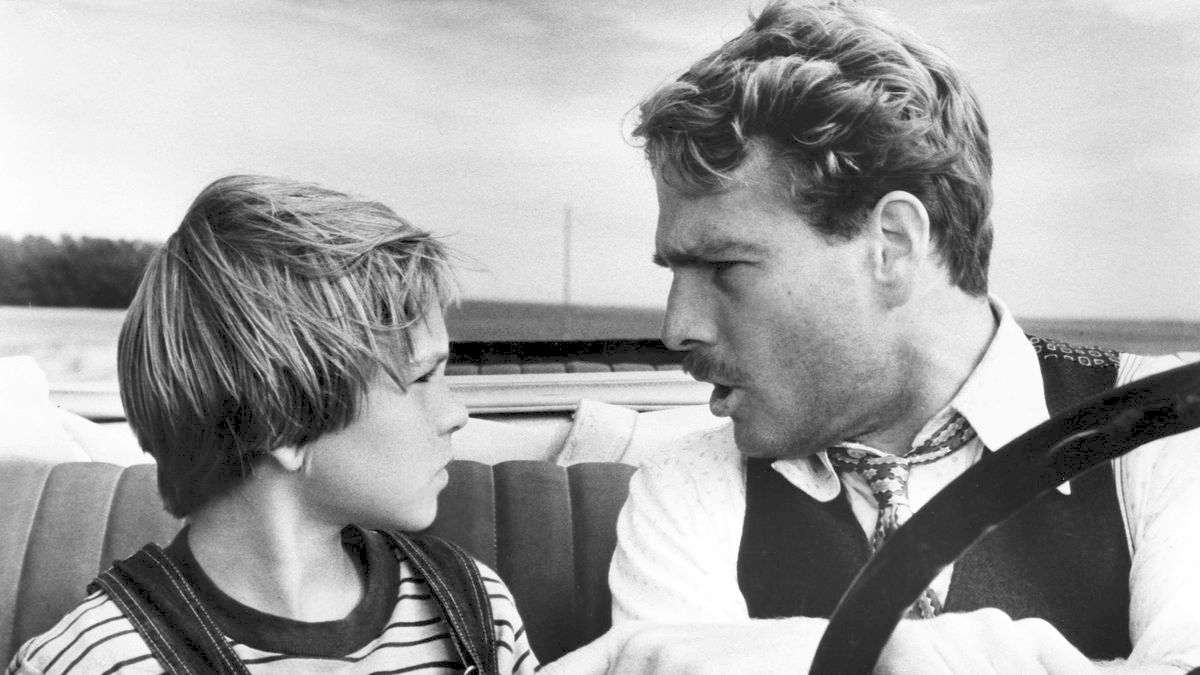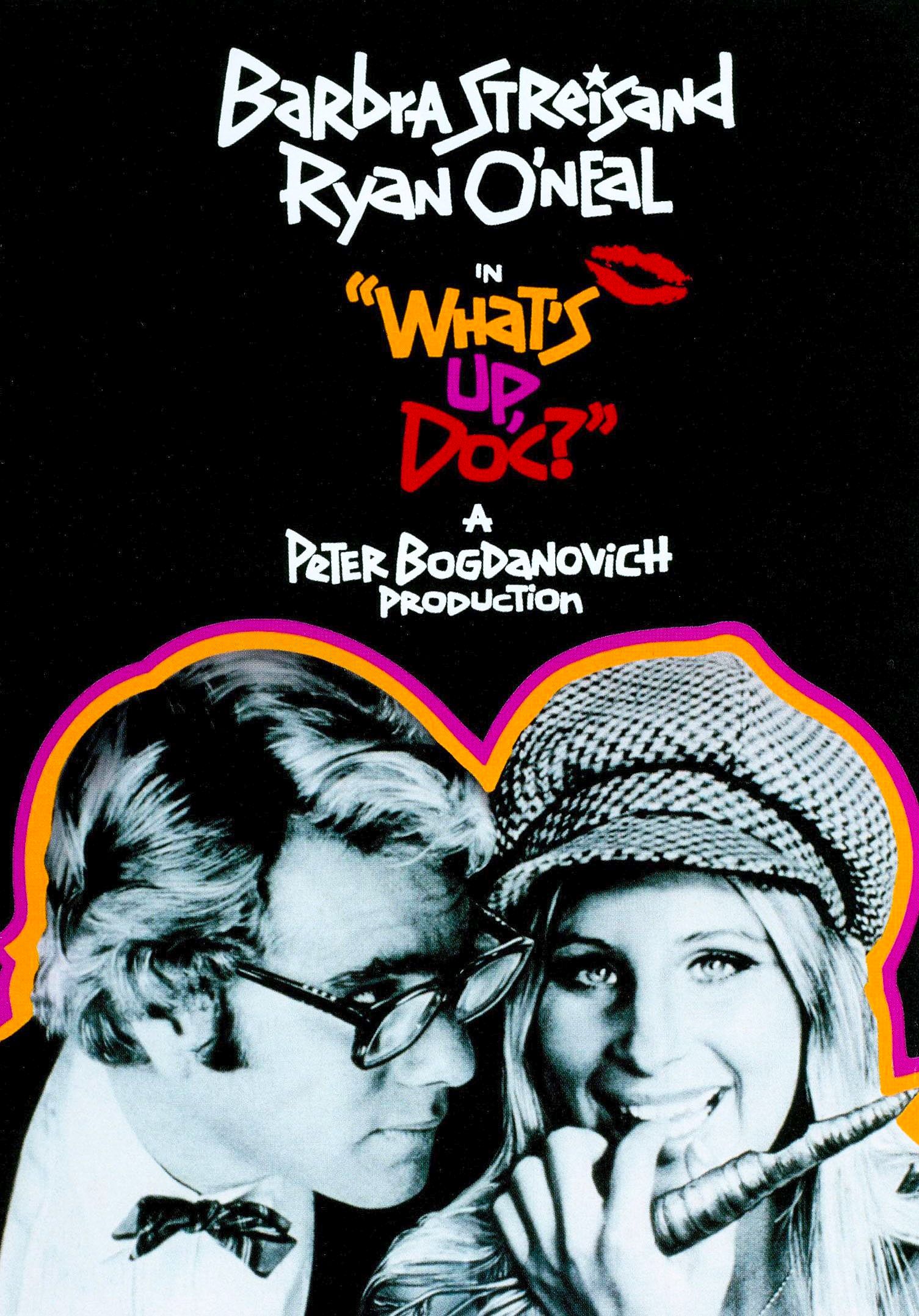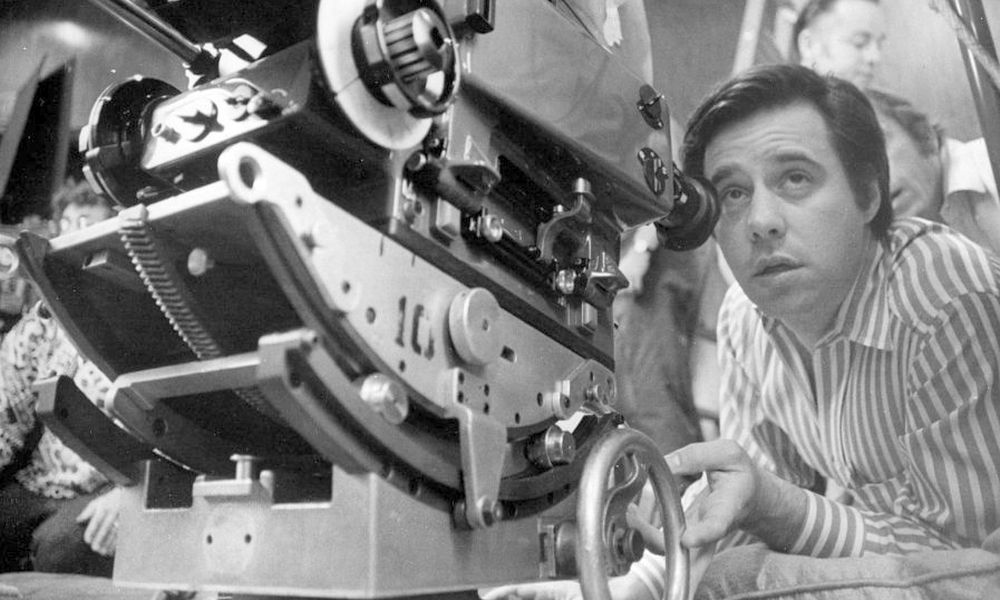“Like the French new Wave directors, Peter Bogdanovich began as a critic before going on to make movies. His films are heavily influenced by his passion for the directorial work of Orson Welles, Howard Hawks, and Sir Alfred Hitchcock, and are imbued with a poignant sense of loss.” - Matthew Coniam (501 Movie Directors, 2007)
Peter Bogdanovich
Director / Actor / Screenwriter / Producer
(1939-2022) Born July 30, Kingston, New York, USA
Top 250 Directors
(1939-2022) Born July 30, Kingston, New York, USA
Top 250 Directors
Key Production Country: USA
Key Genres: Drama, Comedy, Ensemble Film, Comedy Drama, Romantic Comedy, Documentary, Coming-of-Age, Americana, Showbiz Drama, Showbiz Comedy, Period Film, Romantic Drama
Key Collaborators: Cybill Shepherd (Leading Character Actress), Laszlo Kovacs (Cinematographer), Eileen Brennan (Character Actress), Polly Platt (Production Designer), John Hillerman (Character Actor), Verna Fields (Editor), Cloris Leachman (Leading Character Actress), Madeline Kahn (Leading Character Actress), Ryan O'Neal (Leading Actor), Jeff Bridges (Leading Actor), Ben Gazzara (Leading Actor), Denholm Elliott (Leading Actor)
Key Genres: Drama, Comedy, Ensemble Film, Comedy Drama, Romantic Comedy, Documentary, Coming-of-Age, Americana, Showbiz Drama, Showbiz Comedy, Period Film, Romantic Drama
Key Collaborators: Cybill Shepherd (Leading Character Actress), Laszlo Kovacs (Cinematographer), Eileen Brennan (Character Actress), Polly Platt (Production Designer), John Hillerman (Character Actor), Verna Fields (Editor), Cloris Leachman (Leading Character Actress), Madeline Kahn (Leading Character Actress), Ryan O'Neal (Leading Actor), Jeff Bridges (Leading Actor), Ben Gazzara (Leading Actor), Denholm Elliott (Leading Actor)
“In his enthusiasm for classic American cinema, Peter Bogdanovich was one of the first young cinephile directors to take Hollywood by storm in the ‘70s. He differs from his successors, however, both in his lack of interest in flamboyant techniques, and in his increasing inability to find a wide audience.” - Geoff Andrew (The Film Handbook, 1989)
“Almost more important in film criticism and conservation than he is in creative cinema (which is a backhanded compliment to just that creativity), Bogdanovich has savoured the highs and lows more than most directors of his generation, and probably acknowledges his own shortcomings and failures as well as anybody. His successes are impressive, and include Targets (1968), The Last Picture Show (1971), Saint Jack (1979) and Mask (1985) - his failures can usually be set down to either misplaced ambitions or lubricity - and who would dare to cast the first stone in that direction?” - Mario Reading (The Movie Companion, 2006)

Paper Moon (1973)
“Peter Bogdanovich is best known as the film buff turned movie director who suddenly shot to prominence during the early 70s, then just as suddenly saw the dream turn sour a few years later. More recently he has been struggling to rebuild his career, returning to the kind of small-scale, low-budget pictures with which he first got started ten years earlier.” - Joel W. Finler (The Movie Directors Story, 1985)
"Bogdanovich belonged to the generation of directors who emerged in the 70s, brought up on the movies produced during the golden age of the major studios. In fact, the majority of his films are exercises in style – attempts to recreate the Hollywood past. His two best films were shot in black and white, a practice that had already become rare a decade before. Both The Last Picture Show and Paper Moon lovingly evoke the spirit of John Ford, Howard Hawks, William Wellman and William Wyler and, despite their allusiveness, they still appeal to the non-film buff, while What’s Up, Doc?, graced by Ryan O’Neal and Barbra Streisand, is a homage to the screwball comedies of the 30s." - Ronald Bergan (The Guardian, 2022)
“After an apprenticeship with Roger Corman in the mid-Sixties, he started his directing career with a bang - Targets was Boris Karloff’s best film for years and a chilling study of a quietly psychopathic young sniper, while Bogdanovich himself gave a respectable performance as a budding film-maker. Since then his films have paid elaborate tribute to his favourite directors and genres and to Hollywood itself. Three hits were followed by three flops, and latterly Bogdanovich has been struggling to regain the success that came rather early and easily.” - The Illustrated Who's Who of the Cinema, 1983
"Of all trades ancillary to the cinema, few offer worse preparation for a directing career than criticism. Bogdanovich’s background as Hollywood historian and profiler of its legendary figures inevitably invited comparisons between his movies and those of directors like Ford, Hawks, and Dwan, whom he had deified. That he should have occasionally created films which deserve such comparison argues for his skill and resilience." - John Baxter (International Dictionary of Films and Filmmakers, 2000)
“The question, of course, has been asked many times: Why did Peter Bogdanovich, one of the “hottest” young directors of the early seventies, lose his way only a few years later in the treacherous maze of movie-making?” - Ted Sennett (Great Movie Directors, 1986)
“A former film critic (with books on Dwan, Ford and Lang) who made an impressive debut with Targets (1968) featuring Boris Karloff. In a way, he continued his criticism into his films, which are really movies of movies. Sometimes they are more than just exercises de style. Both The Last Picture Show (1972) and Paper Moon (1974) lovingly invoke, in black and white, the spirit of Ford, Wellman, Wyler, Renoir and the cameraman Gregg Toland.” - Ronald Bergan (A-Z of Movie Directors, 1983)
Selected Filmography
{{row.titlelong}}
GF Greatest Films ranking (★ Top 1000 ● Top 2500)
21C 21st Century ranking (☆ Top 1000)
T TSPDT R Jonathan Rosenbaum S Martin Scorsese
21C 21st Century ranking (☆ Top 1000)
T TSPDT R Jonathan Rosenbaum S Martin Scorsese
Peter Bogdanovich / Favourite Films
The Awful Truth (1937) Leo McCarey, French Cancan (1955) Jean Renoir, The Lady Eve (1941) Preston Sturges, The Miracle of Morgan's Creek (1944) Preston Sturges, Twentieth Century (1934) Howard Hawks.
Source: Rotten Tomatoes (2015)
The Awful Truth (1937) Leo McCarey, French Cancan (1955) Jean Renoir, The Lady Eve (1941) Preston Sturges, The Miracle of Morgan's Creek (1944) Preston Sturges, Twentieth Century (1934) Howard Hawks.
Source: Rotten Tomatoes (2015)
Peter Bogdanovich / Fan Club
Christopher McQuarrie, David Rooney, Filipe Furtado, Pete Docter, Rian Johnson, Sergey Solovev, Lukas Moodysson, Quentin Tarantino, Doug Block, Kevin Tent, Robert Fischer, Christian Petzold.
Christopher McQuarrie, David Rooney, Filipe Furtado, Pete Docter, Rian Johnson, Sergey Solovev, Lukas Moodysson, Quentin Tarantino, Doug Block, Kevin Tent, Robert Fischer, Christian Petzold.
"Fan Club"
These film critics/filmmakers have, on multiple occasions, selected this director’s work within film ballots/lists that they have submitted.
These film critics/filmmakers have, on multiple occasions, selected this director’s work within film ballots/lists that they have submitted.


